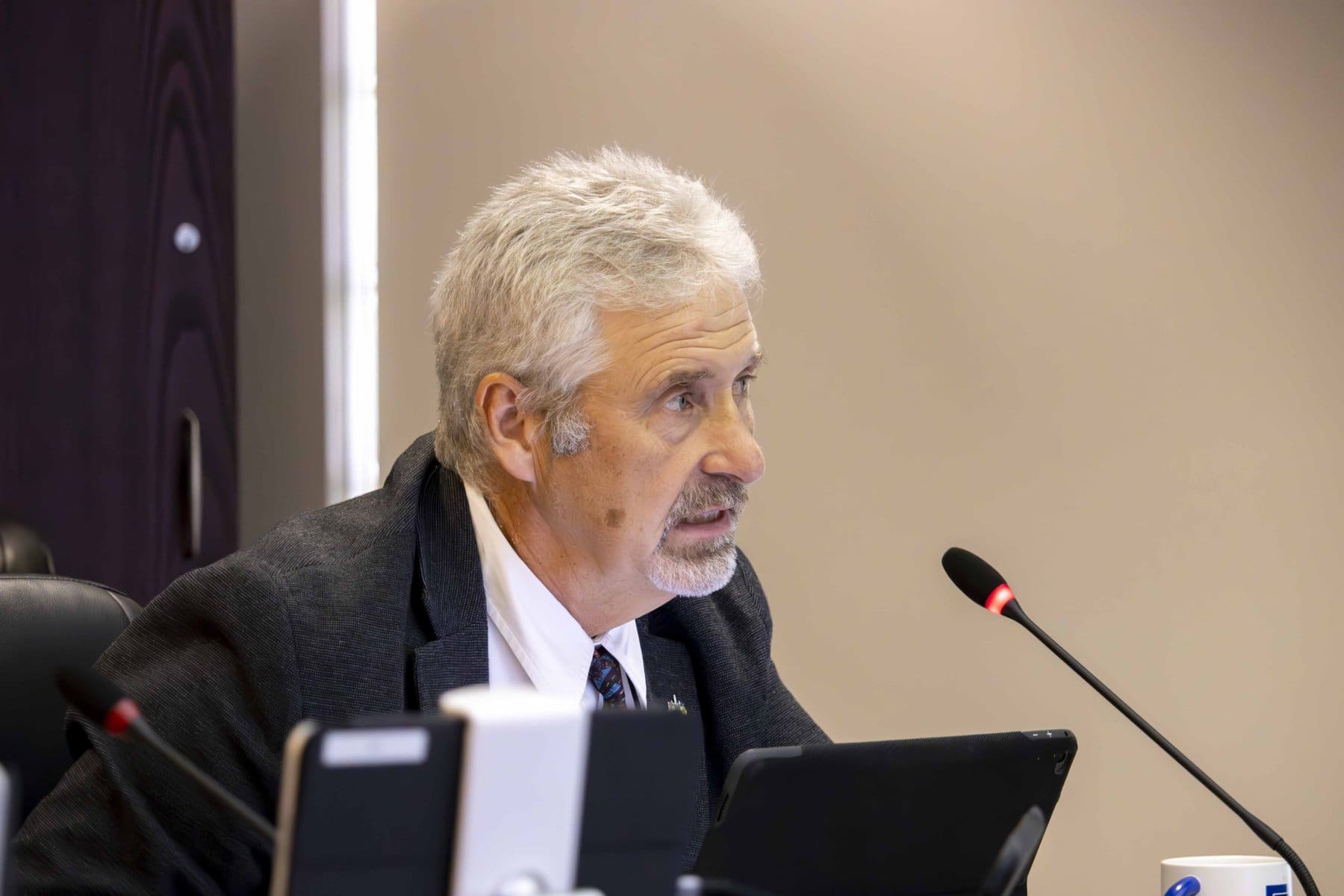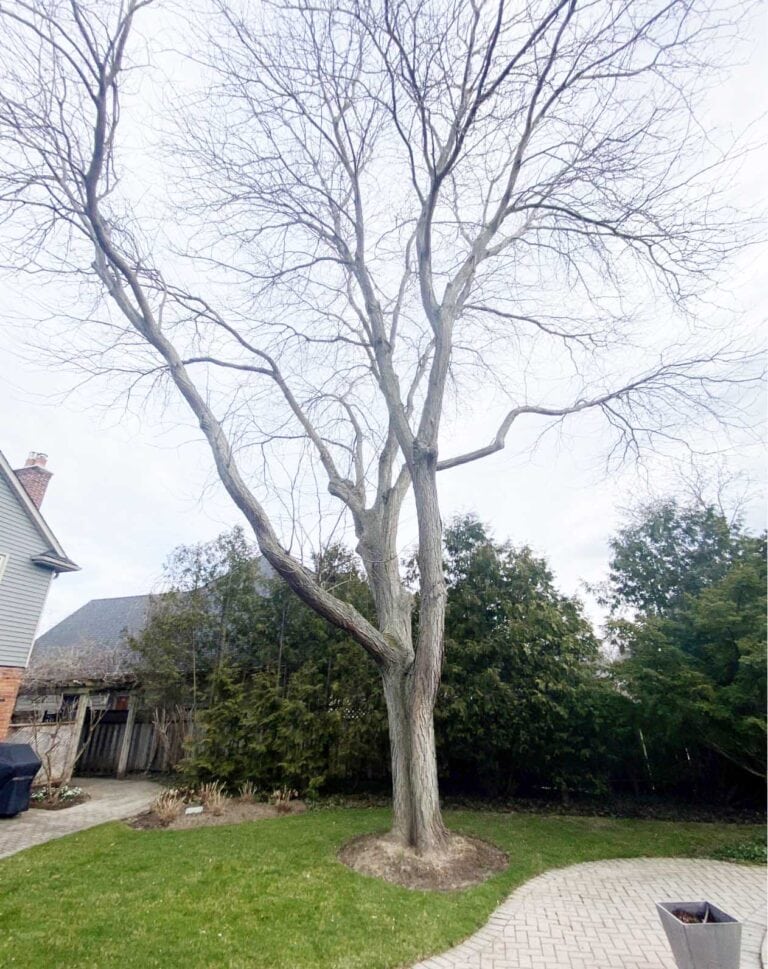NOTL residents will have to make their arguments twice as quickly at future planning meetings.
In response to higher workloads and shorter deadlines for town planners, Niagara-on-the-Lake council is slashing speaking times in half at public meetings.
This means anyone wanting to speak about planning applications will have five minutes, not 10, to make their case.
Coun. Gary Burroughs was the first to to call attention to the trend of late-running public meetings on Oct. 3, after multiple residents dropped out of a meeting that ran until 11 p.m.
In a report brought to council on Oct. 24, Kirsten McCauley, the director of community development, cited several reasons for the change in council’s planning meetings.
The report said Bill 109, a new piece of provincial legislation, has imposed tighter deadlines on the town for processing development applications.
The bill, the More Homes for Everyone Act, also levies hefty financial penalties on the town for failing to decide on applications on time.
“Staff have worked with the town’s legal counsel to prepare a fee refund waiver,” the report added.
The waiver could be used “in good faith,” the report stated, to help staff and developers work out a solution that doesn’t result in refused applications.
“We’re rushing through these applications because the province tells us we have a time limit,” Burroughs said at last week’s meeting.
Despite this, he was the only one to not support council’s decision to shorten speaking times.
His fellow councilors, however, were against adding an additional meeting to the calendar to help deal with planning applications.
Burroughs asked if there is any way for staff to determine the level of interest in an application before going into public meetings.
McCauley said it’s “hard to gauge” how much interest there will be in a project before the development application is circulated.
“It does really come down to what the proposal is,” she said.
Coun. Nick Ruller noted some other towns that also give residents five minutes to speak instead of 10.
For example, the City of St. Catharines has a five-minute limit for public speakers.
And Bill Matson, the municipal clerk for Niagara Falls, told The Lake Report his city imposes the same limit.
Niagara Falls has “become more strict with the time limits” because of increased interest in development proposals at city meetings, he said.
Coun. Erwin Wiens commented that “Stephen Hawking was able to explain what he does in five minutes,” so NOTL residents should be able to do the same.
As well, council often hears the same concerns multiple times at planning meetings.
“Saying it more than once doesn’t mean that it will have more effect on our planners,” he said.
One common question Wiens said he hears from residents during these meetings is, “Why was this even allowed?”
In answering this question, he explained that the town is legally bound to hold public meetings on complete applications, even if staff disagrees with the proposed project.
McCauley’s report said the town holds pre-consultation meetings with developers and offers advice on all the different studies needed to complete an application.
But staff “can’t predict when a complete submission may be received,” she wrote in the report.
Upon receiving an application, the town has 30 days to decide if it’s complete.
After that, staff have 15 days to notify the public.
The town considers the public feedback when preparing its recommendation report on the project, which is then presented to council for consideration.
Council is not obligated to support the recommendations of staff.










